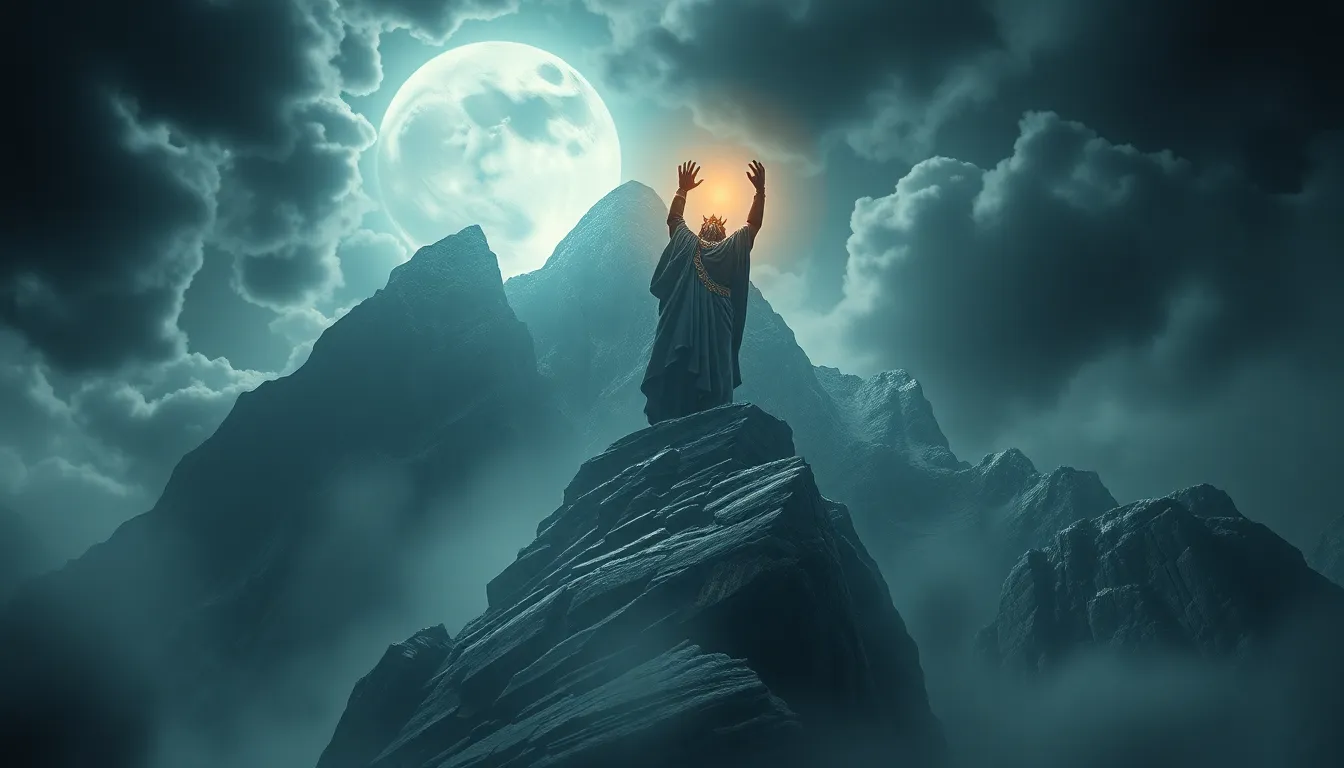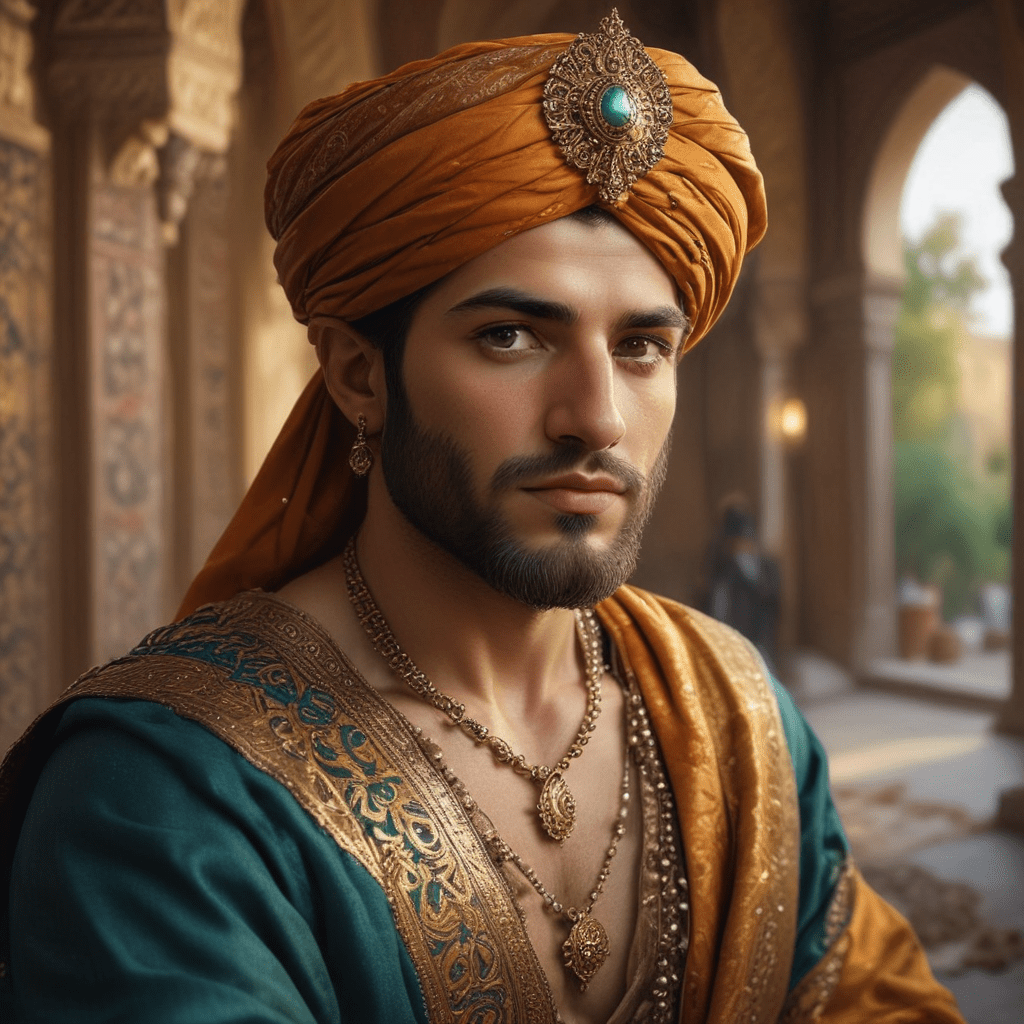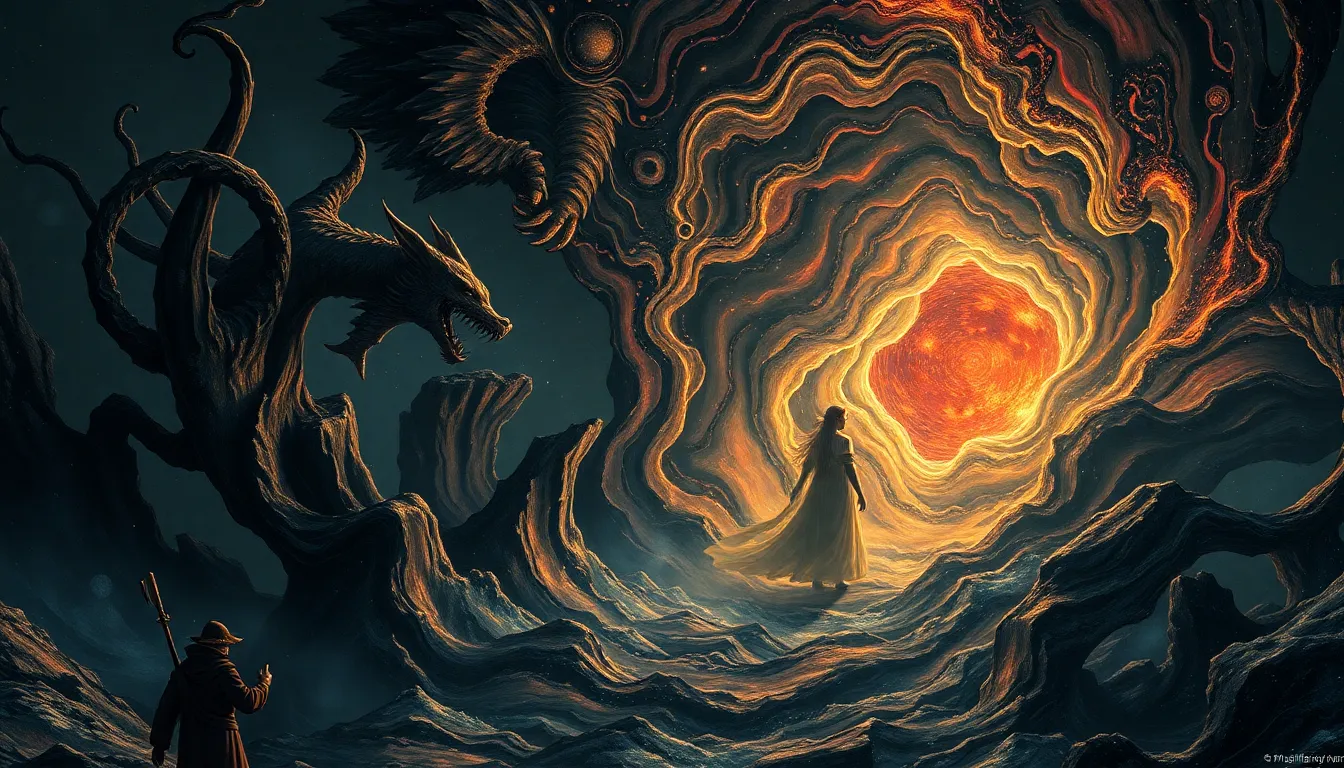Mythical Mayhem: The Battles That Defined Ancient Mythologies
Introduction to Mythical Battles
Mythical battles are epic conflicts that take center stage in the rich tapestry of ancient mythologies. These narratives not only entertain but also convey moral lessons, cultural values, and the existential struggles of humanity. They illustrate the triumphs and tragedies of gods, heroes, and mortals, shaping the identity of civilizations and their beliefs.
Through these stories, cultures have explored profound themes such as honor, sacrifice, and the eternal struggle between good and evil. The significance of mythical battles extends beyond mere storytelling; they reflect the collective psyche of societies and their understanding of the world around them.
The Role of Gods and Heroes in Mythical Conflicts
In mythical battles, the characters involved are often larger-than-life figures, including gods, demigods, and mortal heroes. Each character brings unique motivations and characteristics that drive the narrative forward. Some common traits include:
- Divine Intervention: Gods often manipulate events to fulfill their agendas, showcasing their power and influence.
- Heroic Qualities: Heroes typically embody virtues such as bravery, honor, and resilience, making their journeys relatable and inspiring.
- Mortal Flaws: Despite their strengths, many heroes display human weaknesses, making their struggles more poignant and relatable.
The motivations of these characters can range from personal vendettas to cosmic battles for the fate of the universe, creating a rich tapestry of conflict that resonates through the ages.
Greek Mythology: The Trojan War
The Trojan War stands as one of the most famous events in Greek mythology, rooted in themes of love, betrayal, and heroism. It began with the abduction of Helen, the wife of Spartan King Menelaus, by Paris, prince of Troy. This act ignited a decade-long siege, where key figures emerged:
- Achilles: The mightiest Greek warrior, known for his rage and tragic fate.
- Hector: The noble Trojan prince, whose courage and honor made him a formidable opponent.
- The Gods: Deities like Athena, Hera, and Apollo actively participated, often swaying the battle’s outcomes based on personal grudges.
The war’s impact on Greek culture is profound, inspiring countless works of literature, art, and philosophy. It serves as a backdrop for exploring human emotions, the consequences of pride, and the quest for glory.
Norse Mythology: Ragnarok – The Twilight of the Gods
Ragnarok, often referred to as the Twilight of the Gods, is a cataclysmic series of events that lead to the end of the world in Norse mythology. This final battle involves a clash between gods and giants, resulting in the death of many prominent figures, including Odin, Thor, and Loki. The significance of this myth is multifaceted:
- Fate: The concept of fate plays a crucial role, with prophecies foretelling the inevitable destruction.
- The Cycle of Rebirth: Following Ragnarok, the world is reborn, symbolizing the cyclical nature of existence.
- Cosmic Order: The battle reflects the struggle to maintain cosmic balance and order amidst chaos.
This myth encapsulates themes of sacrifice, destiny, and the eternal fight against darkness, resonating deeply in Norse culture.
Hindu Mythology: The Kurukshetra War in the Mahabharata
The Kurukshetra War, central to the epic Mahabharata, represents a monumental conflict between two factions of a royal family: the Pandavas and the Kauravas. The war is not merely a battle for territory but a profound exploration of dharma (duty) and ethics. Key protagonists include:
- Yudhishthira: The eldest Pandava, embodying righteousness and truth.
- Bhima: The powerful warrior known for his strength and loyalty.
- Arjuna: The skilled archer facing moral dilemmas on the battlefield.
The philosophical lessons derived from this conflict address the complexities of morality, the nature of justice, and the consequences of one’s actions, making it a timeless narrative in Hindu philosophy.
Egyptian Mythology: The Battle Between Set and Osiris
In Egyptian mythology, the struggle between Set and Osiris symbolizes the eternal conflict between chaos and order. Set, the god of chaos, murders his brother Osiris, the god of the afterlife, leading to a power struggle that affects the cosmos. This battle has profound implications:
- Cosmic Order: The conflict illustrates the importance of maintaining maat (order) in the universe.
- Afterlife Beliefs: Osiris’s resurrection signifies hope for life after death, influencing Egyptian religious practices.
- Societal Impact: The myth underscores the values of justice and vengeance, shaping the moral framework of ancient Egyptian society.
This rivalry highlights the duality of existence and the perpetual battle between light and darkness.
Mesopotamian Mythology: The Epic of Gilgamesh and the Battle with Humbaba
The Epic of Gilgamesh features the legendary King Gilgamesh and his quest for immortality. A significant part of this narrative is his battle with Humbaba, the guardian of the Cedar Forest. This conflict explores essential themes:
- Heroism: Gilgamesh’s journey reflects the qualities of a true hero—bravery, strength, and the pursuit of glory.
- Mortality: The battle serves as a metaphor for humanity’s struggle against the inevitability of death.
- Cultural Reflection: The epic provides insights into Mesopotamian values, emphasizing the importance of friendship, legacy, and the human condition.
Gilgamesh’s encounter with Humbaba ultimately leads to profound revelations about life and death, making it a cornerstone of ancient literature.
Celtic Mythology: The Táin Bó Cúailnge
The Táin Bó Cúailnge, or “The Cattle Raid of Cooley,” is a seminal work in Celtic mythology, centering around the hero Cú Chulainn. The story chronicles a fierce battle over a prized brown bull, showcasing key elements:
- Cú Chulainn: A young warrior known for his unmatched skill and fierce loyalty.
- Honor: The concept of honor is paramount, driving characters to engage in battles even against overwhelming odds.
- Cultural Influence: The tale has significantly influenced later literature, folklore, and even modern storytelling.
This epic illustrates the values of bravery and honor in Celtic culture, leaving a lasting legacy in the realm of mythology.
Common Themes and Motifs in Mythical Battles
Across various mythologies, several recurring themes and motifs emerge in mythical battles:
- Fate: Many stories highlight the inevitability of fate and how characters struggle against or accept their destinies.
- Honor: The pursuit of honor and glory often drives the characters to engage in battles, reflecting societal values.
- Sacrifice: Characters frequently face moral dilemmas that require personal sacrifice for a greater good.
- Good vs. Evil: The struggle between opposing forces is a central theme, often embodied in the conflict between gods and monsters.
- Prophecy and Divine Intervention: Many battles are influenced by prophecies or the direct involvement of deities, shaping outcomes in unpredictable ways.
Legacy of Mythical Battles in Modern Culture
The legacy of mythical battles continues to resonate in modern culture, influencing literature, film, and art. Many contemporary stories draw inspiration from these ancient conflicts, reinterpreting themes of heroism, morality, and the human condition. Examples include:
- Literature: Modern novels often echo the archetypal struggles found in ancient myths, exploring complex characters and moral dilemmas.
- Film




